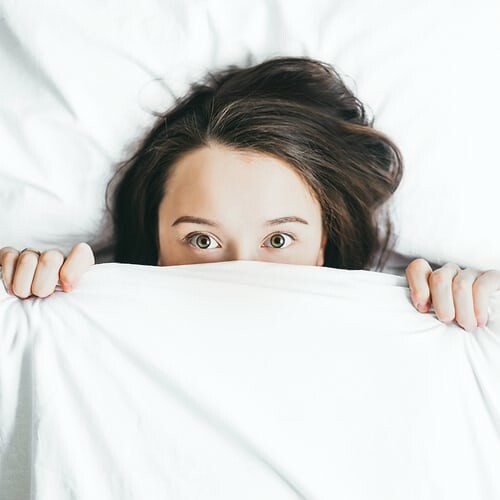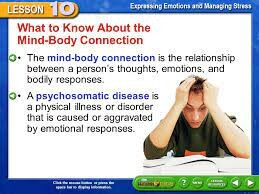Stress Management is critical to managing our stress. The discoveries on how stress impacts us CAN be serious but should not be of concern, as there are a number of strategies to reduce stress.
Some strategies include maintaining a healthy social network, regular physical exercise and adequate sleep nightly. These are considered the building blocks for a healthy lifestyle.
When we have adequate social connections, we can talk about issues and problem solve, better reducing our negative effects on our physical and mental self. Enjoying the company of others, especially trusted relationships, reduce stress. Laughter also reduces stress. It is during social times that we are able to lessen the focus on the issues that are creating stress and enjoy life. When our social group is not the best option, talking to a church pastor or a therapist might be another option to reduce stress.
Regular exercise, even just walking or dancing in our kitchen, reduces stress. Not only does it release endorphins that make you feel good, but it also gives you some time to yourself to clear your head. Even if you can't make it to the gym every day, try to fit in some form of exercise into your schedule, even if it's just a brisk walk around the block.
And sleep. Stress levels go up, only further amplifying our stress when we are not getting adequate sleep nightly. Practicing good sleep hygiene, such as developing a calming routine to implement nightly, can be very beneficial in managing sleep. Limiting electronics an hour before bed, reading a book, journaling to get those to-do's out or talk about your day, and taking a warm bath with epson salts can all be good tricks to implement. Magnesium is a common need for people under stress, as it is depleted with stress, so adding it into our evening routine helps to calm our nervous system. Practicing deep breathing when laying in bed is another way to focus on adding calm and inducing sleep.
Sometimes it is difficult to feel we are managing our stress in this busy world. But, if we are watching what we can and implementing regular tools to reduce stress, it can stay manageable and will not impact our day to day life or our health.for the long term.
If these tools are being regularly implemented but you need more, let's talk! There are solutions and ways to reduce your stress and benefit your health... it just takes time. :)
*Yawn*
Do you wake up in the morning and wish you were still sleeping? Or need AT LEAST a strong cup of coffee or three to get moving? Do you feel like you have that "brain fog" that never lifts?
It might be your SLEEP that is creating that disruption in your day(s).
Sleep. 

We all need it. We don't always want it... We think too much about all the "things" we could get done if only we did not need as much sleep.
I could conquer the world and have the cleanest house and be the funnest mom.
Nice thoughts.
Maybe I could still have those things... if I woke up refreshed!
Is it even possible?!
Sleep is a funny beast. We all need it. Most of us (somewhere between 50-80% of us) are sleep deprived. And what does that mean, exactly?
Well. It means that we cope differently with stress. We are less likely to regulate our emotions. We are more reactive and our stress levels are higher. That makes managing life and our relationships a bit difficult.
The Effects of a Lack of Sleep:
Missed sleep can lead to psychological and physical ill health in many ways.
Psychological Symptoms and Effects Include:
- Low mood
- Anxiety
- Irritability
- Erratic behavior
- Poor cognitive functioning and performance (e.g. forgetfulness, making mistakes and slower thinking than normal)
- Psychotic episodes
Physical Symptoms and Effects Include:
- Physical symptoms of anxiety
- Tiredness
- Elevation in blood pressure and stress hormones
- Negative effects on cardiovascular health (increased risk of strokes and heart attacks)
- Immune damage which can lead to many physical problems
Seven Steps to Improve Your Sleeping Habits for Better Mental Health:
- Establish a regular sleep-wake cycle - try to sleep and wake at regular times consistently.
- Try to ensure that you have a comfortable bed and bedroom - noise, light and temperature should be tailored to your preferences if possible.
- Limit the use of stimulants - such as caffeine, nicotine and alcohol near bed time.
- Avoid drinking excessive liquids - especially in the evening to minimize chances of waking to empty your bladder.
- Avoid going to bed until you are drowsy and actually ready to sleep - Most people who suffer from insomnia spend more time in bed lying awake rather than actually asleep.
- Regular daily exercise - but not too late in the evening as this could be stimulating.
- Avoid electronic devices late at night - such as computers, mobiles, tablets and so on; the bright light can be overly stimulating and keep you awake.
I know how difficult it is to get your sleep back on track...I have been there! It took me a good year or so to get things in a decent place. It took a lot of dedication and intention, early nights and changing habits. However, it is so very important for our physical AND mental health... What could YOU DO if you were focused, energetic and ready for your day?

How many hours do you get a night? What symptoms do you notice when you are more rested? Tell me what is your biggest struggle around sleep...
Here's to RESTFUL nights and productive days...
xoxo Judith
If you want to learn about amazing supplements that support the Gut-Brain Connection and impact sleep in a positive way, GO HERE.
If you are needing support with building tools and support, feel free to reach out and see how I can help.
Are you needing encouragement? Check out Absolute Will-an incredible and inspiring book collaboration that includes 21 stories from amazing women.




